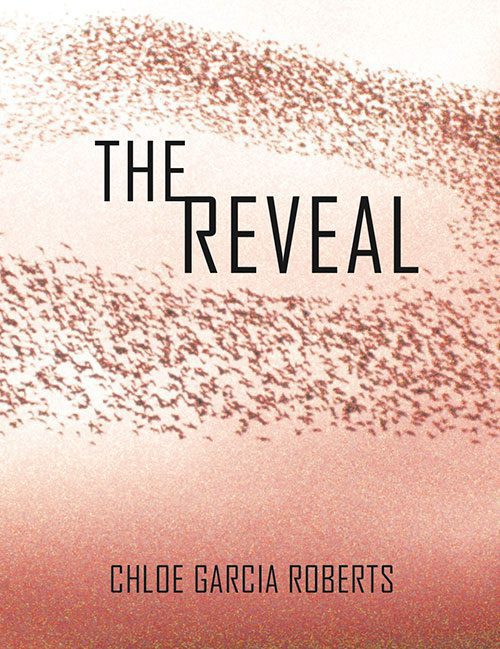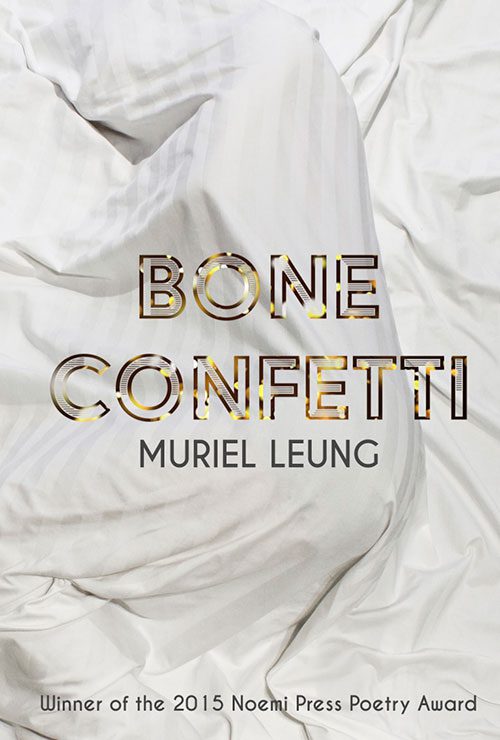PLACE
by Alexei Perry Cox
$21.00
Synopsis
Placed in the context of ongoing moral disaster, PLACE is a discussion of language and poetic usefulness, specifically how collective discourse survives the unimaginable through personal recourse. It examines the ideology of cultural superiority and intellectual migration in public squares and private homes. With skepticism and love, this poetry and poetics attempts to explain the failure and potential at the heart of revolutions: the impulse to launch the experience of an individual into a communal existence across time. It is meant to speak, with many voices, beyond these known failures and into our many futures. It is a defense of the art of poetry as a means to evoke the necessary accommodations human beings can make to survive what is unsurvivable. These political and/or personal poems demonstrate the culture-bound logistics and flourishings and shortcomings of certain poetic voices during the Cuban Revolution of 1953-59, the Cultural Revolution in China of 1966-79, the Civil War of Lebanon of 1975-90 and the Arab Spring in the MENA region of 2010-11, as well as ongoing revolutions in the lands currently known as the United States and Canada. The poems center around healing these wounded places in the often more ambitiously universal interiors of the psyche.

Blurbs
Alexei Perry Cox leans into philosophy, linguistics, history–both recovered and imagined–and geography in an effort to understand herself, to place herself. Ghosts across time and language translate and retranslate themselves into a multi-lingual lyric weave. It’s global poetry, sophisticated in thinking and structure and construction but raw and immediate in its import and impact.
Kazim Ali
Reading Alexei Perry Cox’s PLACE for the first time I felt that rarest thing in poetry: the presence of a totally new voice. Or rather, I felt the presence of a totally new chorus of voices – brought together by Perry Cox – singing together in one language, in many languages, in Spanish, Arabic, English, Farsi, French, Mandarin, in joy, terror, history, beauty, physics, family, land. It’s a wildly ambitious book, and the miracle is how boldly, capably, it charges into its ambitions, meeting them, often (impossibly!) exceeding them. Perry Cox writes, “All my blood does is run headlong into life;” then she shows us.
Kaveh Akbar
Cross out “place,” and think instead of what sort of poetics may emerge from unceeded, stolen, or lost land. Alexei Perry Cox’s new powerful collection is written from a place that isn’t one; a site that eludes borders. A diasporic and anti-nationalistic locus that insists on summoning ghosts. Perry Cox dexterously orchestrates multilingual conversations between historical and contemporary figures via citation and translation—two inherently relational practices. Revolutionary archives are re-organized into formally intricate poems, reminding us that “… embracing a newfound freedom is embracing the freedom to imagine it” (Rinaldo Walcott cited by Alexei Perry Cox). What results is an associative and at times dreamlike linguistic terrain capacious enough to hold the trying nature of revolutionary hope. In the company of so many, Alexei invites us to join an assembly in which imagining another form of citizenry together is momentarily possible.
Mirene Arsanios
PLACE begins from the psychology of ruin, as in, where do we go when the dust lifts and settlers remain, when countries are bombed and people displaced, when arbitrary boundaries have been locked into one’s statehood but not one’s imagination? Perry Cox speaks to the impossibility of the terrestrial and the territorial: She carries her darlings in her eyeballs, she canoes beyond the edge of an imminent earth, she flees her own consciousness. But even while untethered, she looks back. She dives into the archive and uses transliteration, aphorism, and meta-critical thought experiments to construct her own epistemological groundwork. Here, theory and practice thunder against and with each other. In the end, Perry Cox’s most pressing question might be how how does one “uncede” the body? She writes: “Maybe it’s too easy to blame mortality on our capacity to love/ the slow death that is putting your breath into another’s body.” She offers breath where thought fails, and air where the ground no longer is in reach. Perry Cox has a rare cerebral sensibility that is patient with thinking and never opts for an easy catharsis. PLACE illuminates a poet-philosopher at work, but thank god, also one with blood and heart.
Megan Fernandes
At once a poetry collection and portal into whole universes of artistic traditions & collectives, PLACE gifts us a poetics of organizing our world so desperately needs. “Everything is a question of language,” Alexei Perry Cox reminds us, in poems which move, with the patch-working beauty of a cento, across temporalities, languages, and histories. Here is a poet rigorously engaged with the conversations between theory and practice, between intellect and affect, to build beyond the failed imaginations of space our peoples have inherited under colonialism: “we like using graph paper to plot the latitudes and longitudes we can’t measure without human inferences.” Ambitious in reach, and immense in all the necessary ways, how else could a book so interested in such beyonds end but Return? “I’d made a promise to my mother to go back to the beginning // and I’ve kept it.” I don’t remember the last time I was this moved by a collection’s convergence towards its final last breath: “I have become more ourselves.” Beyond. There are no more words ya اختي.
George Abraham
author of Birthright (Button Poetry, 2020)



